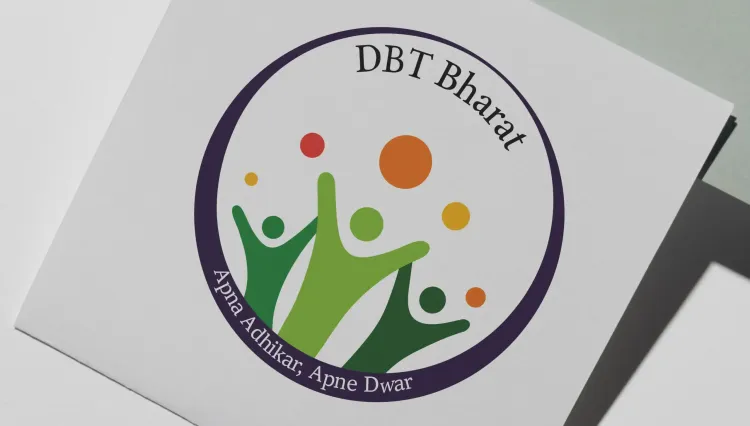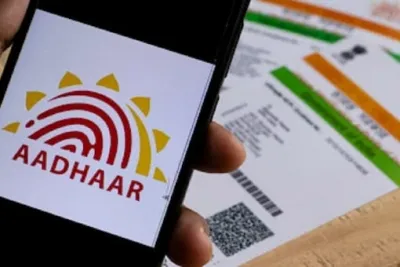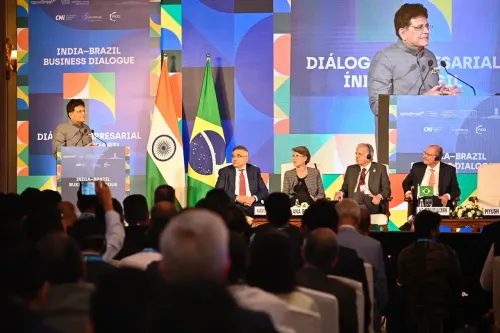DBT Initiative Allocates Over ₹43.3 Lakh Crore to Date, ₹6.60 Lakh Crore in FY25 Alone

Synopsis
Key Takeaways
- DBT cumulative disbursement: Over ₹43.3 lakh crore.
- Subsidy distribution in FY25: More than ₹6.60 lakh crore.
- Farmers benefitting from PM-KISAN: 9.8 crore.
- Savings from leakages: ₹3.48 lakh crore.
- Coverage expansion: From 11 crore to 176 crore beneficiaries.
New Delhi, April 21 (NationPress) The Direct Benefit Transfer (DBT) initiative has successfully distributed more than ₹43.3 lakh crore to date, fundamentally transforming welfare delivery by improving transparency, reducing leakages, and ensuring accurate fund allocation.
As per government data, the total direct benefit transfer (cumulative) amounts to ₹43,35,808 crore (as of April 21).
In the last fiscal year (FY25), the government’s subsidy transfers via DBT exceeded ₹6.60 lakh crore.
In February, Prime Minister Narendra Modi unveiled the 19th installment of the Pradhan Mantri Kisan Samman Nidhi (PM-KISAN) scheme, benefiting 9.8 crore farmers who received direct financial aid surpassing ₹22,000 crore through DBT without any intermediaries.
A recent report highlights that the DBT mechanism has resulted in total savings of ₹3.48 lakh crore due to a significant reduction in leakages that previously existed, alongside a remarkable 16-fold increase in beneficiary coverage, from 11 crore to 176 crore since its inception by the PM Modi-led administration.
With funds directly deposited into beneficiaries' bank accounts, leakages have been minimized, leading to a reduction in subsidy allocations from 16 percent to 9 percent of total expenditures.
The study asserts, "The DBT has redefined welfare delivery by enhancing transparency, curbing leakages, and ensuring precise fund distribution."
This policy report examines a decade of data (2009–2024) to evaluate DBT’s effects on budgetary efficiency, subsidy rationalization, and social results.
The newly formulated Welfare Efficiency Index (WEI), which measures fiscal and social benefits, increased from 0.32 in 2014 to 0.91 in 2023, highlighting systemic advancements, according to the policy document.
The document notes that despite an increase in welfare budgets from ₹2.1 lakh crore in 2009–10 to ₹8.5 lakh crore in 2023–24, subsidy allocations have decreased proportionally, demonstrating efficiency driven by DBT.
Furthermore, Aadhaar-linked authentication has eradicated ghost beneficiaries, facilitating coverage expansion without corresponding financial outlay.









